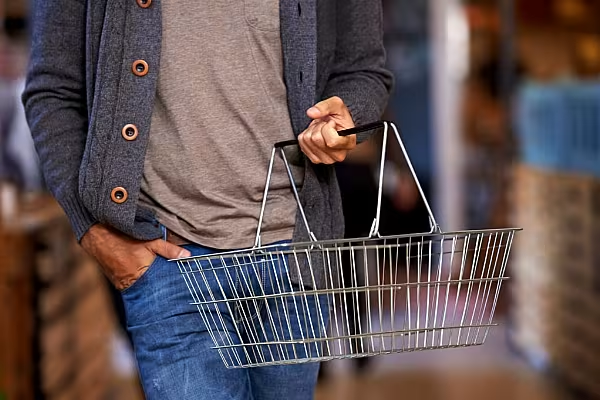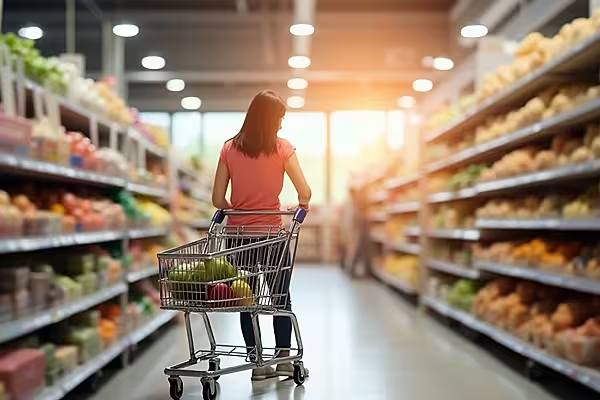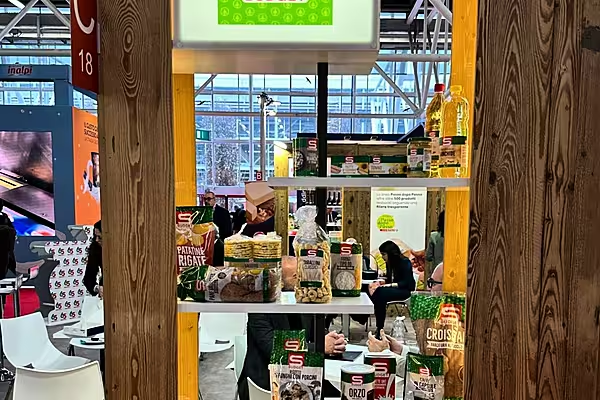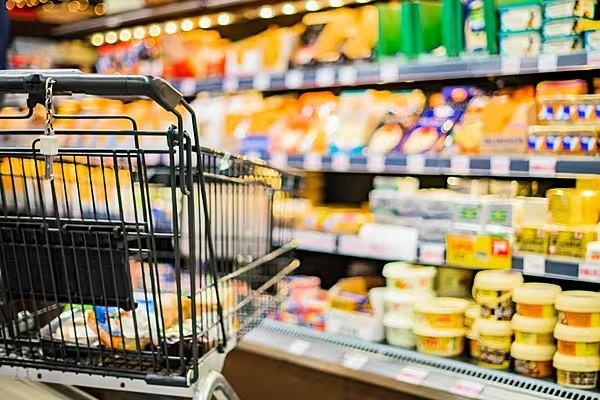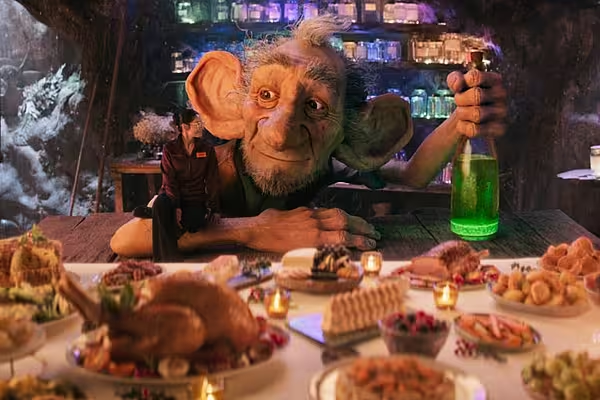As readers of ESM will know, the growth of private-label products in supermarkets has seemed unstoppable in recent years.
Moreover, as private label has evolved, it’s not merely about price any more. The standards and quality of private label have improved dramatically in recent years, with many European retailers investing substantial capital into the segment.
Slowing Down
Despite this, recent research from Barclays has suggested that the share gains achieved by private label in Europe and the US are starting to slow.
When compared to a report that Barclays carried out in November, the pace of private-label share gains has slowed across food and HPC categories, with branded players recapturing market share in an increasing number of categories.
‘The gap between private label and brands is narrowing as private [labels] were late to take pricing, but interestingly, despite this, they continue to take share,’ according to the report.
The study indicates that private label is gaining share in 30 out of the 46 categories (65%) that Barclays tracked for the 12-week average period ending February 2024, compared to the 12-week average for the same period in the previous year.
This is down from 80% in November 2023, Barclays noted.
The most notable private-label market share gains have been seen across Soap (US), Wipes (US), Mayo (EU), Detergent (US), Sun Care (EU) and Pet Treats (US).
Meanwhile, the biggest private-label market share losses to branded products occurred in the Sparkling Water (US), Ice Cream (US) and Cat/Dog Food (EU) categories.
Brand Fightback
In EU Food, the Barclays report records private label gaining market share in most categories. There were considerable increases in Mayonnaise (up by 263 basis points), Sauces (up by 162 bps), Ice Cream (up by 71 bps) and Yogurt (up by 63 bps).
However, a number of categories have also seen their private-label share decline, including Pet Food (down by 84 bps) and Drinking Yogurt (down by 32 bps).
US Market
In the US, private label is showing weakening trends across food and HPC, Barclays noted.
Private-label brand sales increased by 6%, year on year, in the US, to $217 billion (€200 billion) in 2023, according to research from Circana. However, private-label unit sales have only risen by 0.9%, year on year.
In general terms, private label gained share over A-brands in the US last year, rising from 24.7% of total unit sales in 2022 to 25.5% last year. Store brands grew unit share in food, shelf-stable beverages, refrigerated food, beauty and home, the report noted.
Across US food and beverages, private label is taking share in Pet Treats (up by 197 bps), Water (up by 86 bps), Mayonnaise (up by 45 bps), Yogurt (up by 27 bps) and Coffee (up by 55 bps).
Elsewhere, in US HPC, private label is taking a substantial share in Soap (up by 310 bps), Wipes (up by 209 bps), Disinfectant (up by 309 bps), Skin Care (up by 48 bps) and Skin Cleansing (up by 44 bps).
New Generation
‘The quality of private label is improving and consumers and younger consumers in particular are more willing to consider private label options,’ as the report puts it.
There is no doubt that the standard and quality of private label have improved dramatically in recent years. Evidence of this was seen recently, among the winners of the 2024 European Private Label Awards, organised by ESM.
Looking ahead, retailers must continue to combine excellent quality, competitive pricing and brand differentiation to ensure that private-label products remain the go-to choice for shoppers.
